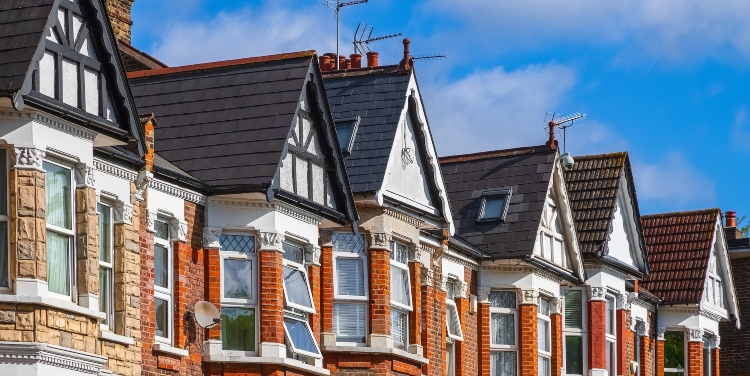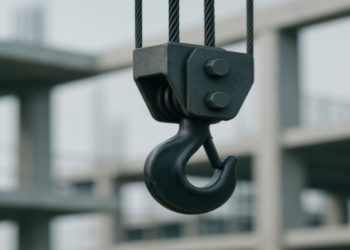Lease extensions can be a daunting topic for many property owners, especially when faced with the prospect of a dwindling lease term. However, understanding the process, its implications, and the benefits can make this journey smoother and more beneficial.
This comprehensive guide will delve deep into the world of lease extensions, ensuring you’re well-prepared to take the necessary steps when the time comes.
What is a Lease Extension?
At its core, a lease extension is a legal process that allows the leaseholder to extend the number of years left on their lease. Given that properties with shorter leases can decrease in value and become harder to mortgage, extending the lease can be a wise financial decision.
Why Consider a Lease Extension?
- Property Value: As the lease term decreases, the property’s value can also decline. Extending the lease can help maintain or even increase its market value.
- Mortgage Complications: Properties with shorter leases can be challenging to mortgage. Extending the lease can open up more mortgage opportunities and make the property more attractive to potential buyers.
- Peace of Mind: Extending a lease can provide peace of mind, knowing that the property’s ownership is secure for a more extended period.
The Process of Lease Extension
- Valuation: Before initiating the extension process, it’s crucial to get a valuation of the property. This will give you an idea of the potential cost of the extension. Engaging with a lease extension surveyor can provide an accurate valuation.
- Legal Counsel: It’s advisable to seek legal advice to understand the intricacies of the lease extension process. A solicitor can guide you through the legal requirements and ensure all paperwork is correctly handled.
- Negotiation: Once you have a valuation, you can approach the freeholder to negotiate the terms of the lease extension. This can include the cost and the number of years added to the lease.
- Completion: After agreeing on the terms, the legal paperwork is completed, and the lease is officially extended.
Cost Implications
The cost of a lease extension can vary based on several factors:
- Remaining Lease Term: The fewer years left on the lease, the more expensive it might be to extend.
- Property Value: Higher property values can lead to higher extension costs.
- Ground Rent: The amount of ground rent payable can also influence the extension cost.
Potential Pitfalls
- Waiting Too Long: It’s generally more cost-effective to extend a lease when there’s still a reasonable term left. Waiting until the lease is too short can result in higher costs.
- Overlooking Ground Rent: Some lease extensions can come with increased ground rent terms. It’s essential to be clear on this to avoid future financial burdens.
The Takeway
Lease extensions are a vital consideration for leasehold property owners. Whether you’re looking to sell and want to make your property more attractive to buyers or plan to stay and want to secure your ownership for a longer period, understanding the process and implications is crucial.
With the right knowledge and expert advice, extending your lease can be a smooth and beneficial process, ensuring your property remains a valuable asset for years to come.
David Prior
David Prior is the editor of Today News, responsible for the overall editorial strategy. He is an NCTJ-qualified journalist with over 20 years’ experience, and is also editor of the award-winning hyperlocal news title Altrincham Today. His LinkedIn profile is here.













































































